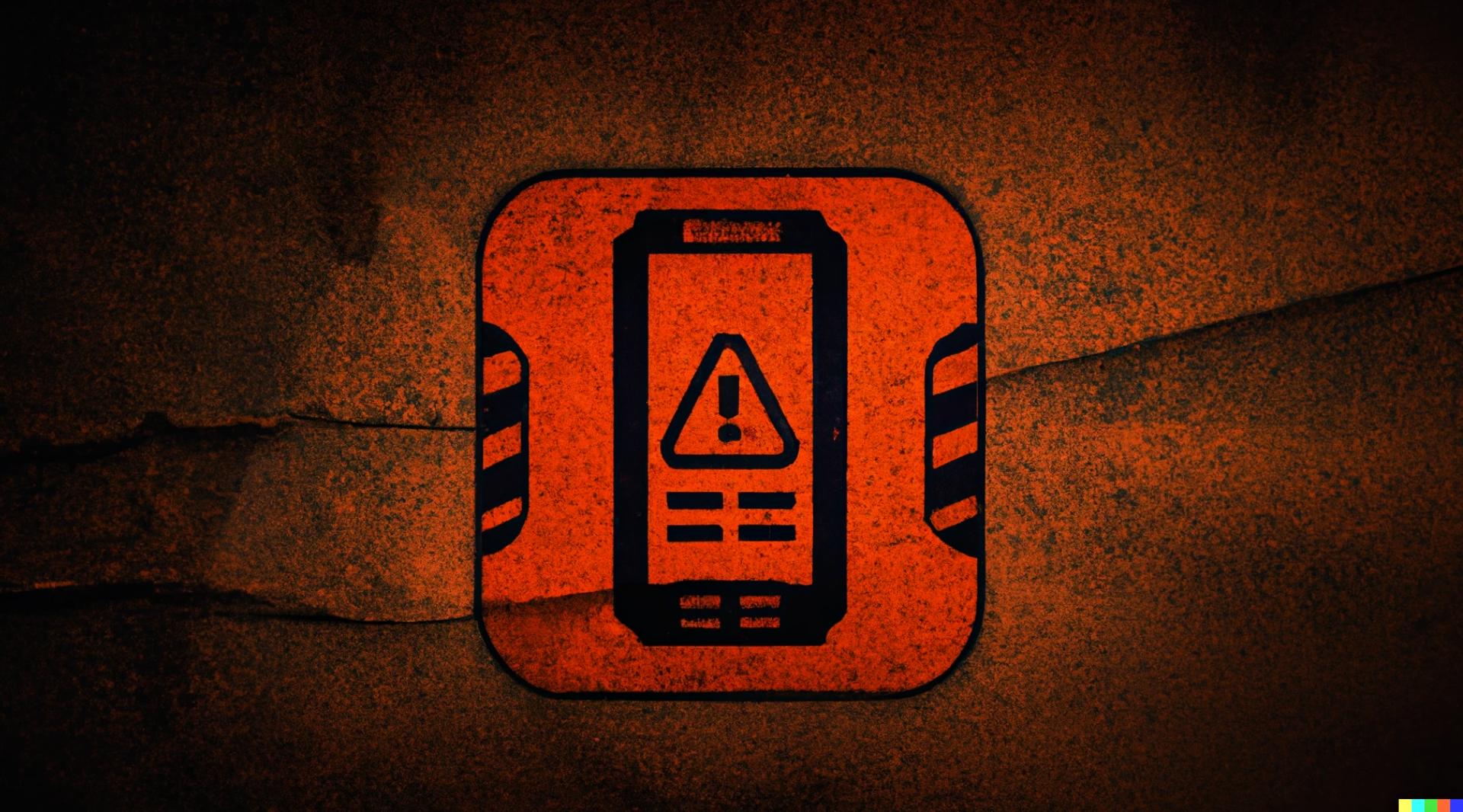The first nationwide test of a public warning system that sends emergency notifications to UK mobile phones will take place later this month.
Sundays in the UK are pretty decent; there’s Premier League football, often a lunchtime roast, and cherished time spent with family. What we wouldn’t typically associate our day of rest with, however, is a startling jolt of primal fear.
Those in east Suffolk and Reading will soon have the chance to experience this whole package, as, for the first time ever, a new emergency system is being tested on April 23rd.
Folk situated within either region will find their phones rendered temporarily paralysed on this date at 3pm. So long as a phone is equipped with either 4G or 5G, a siren-like sound will begin playing for around 10 seconds while the handset manically vibrates.
A broadcast message will then appear like a normal notification informing folk that some form of disaster is afoot while offering safety guidance. Examples described in the initial announcement involved floods, fires, or extreme weather – not the commencement of any Purge-like experiment.
Similar systems already exist in the US, Canada, the Netherlands, and Japan, but after exploratory trials some 10 years ago, the UK Cabinet Office opted against implementing its own.




















